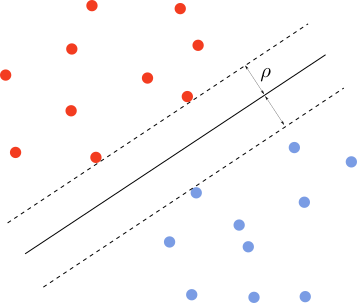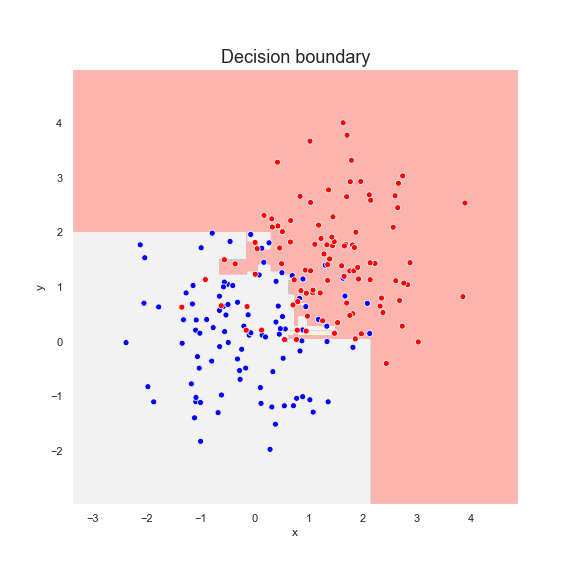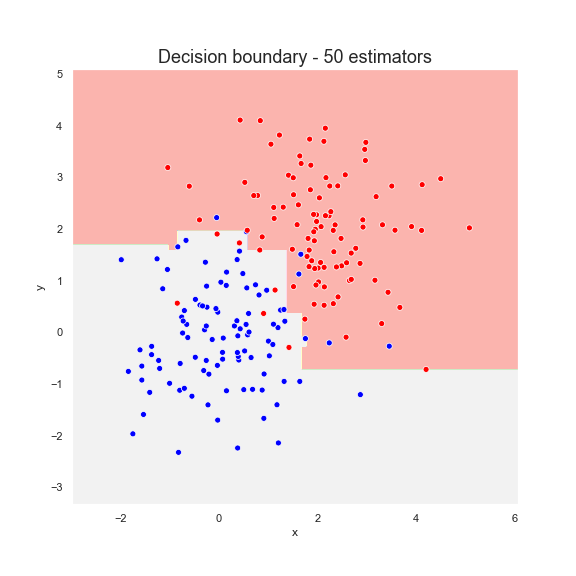-
Nov 12, 2020
A neural network is a graphical representation of a set of linear and non-linear operations acting on an input data-point. In a feed-forward neural network, we stack several layers sequentially. The input data cross multiple layers, changing its feature's representation along the way. This process allows the creation of very complex predictors.
-
Oct 31, 2020
An SVM algorithm learns the data by engineering the optimal separating line/curve between the classes. Compare with the other algorithms which try to do this by first determining the Bayes predictor. The SVM has robust generalization properties. However, they are usually tough to train.
-
Oct 13, 2020
Gradient boosting is another boosting algorithm. It uses gradient descent to minimize the loss function and hence the name. However, unlike in other algorithms, the learning rate is adjusted at every step.
-
Sep 27, 2020
Boosting is an algorithm whereby a set of weak learners is fit sequentially to the data. At each step in AdaBoost, the weak learner focuses on the wrongly classified points.
-
Sep 13, 2020
A random forest is an ensemble of decision trees. The trees are fitted in random samples of the training set, preventing overfitting and reducing variance.




